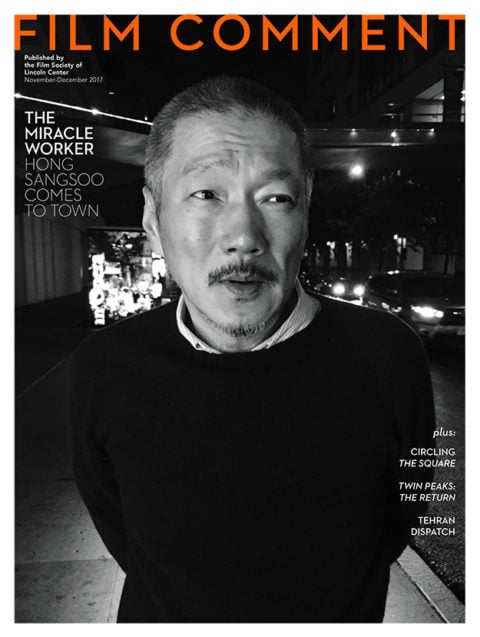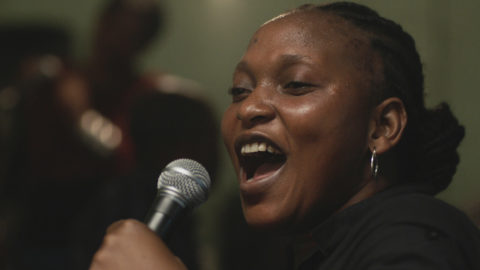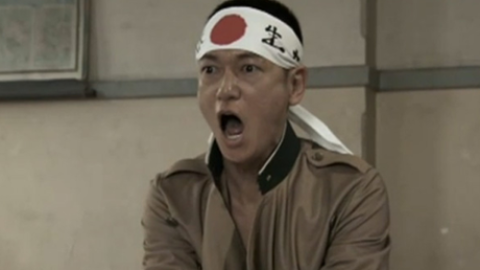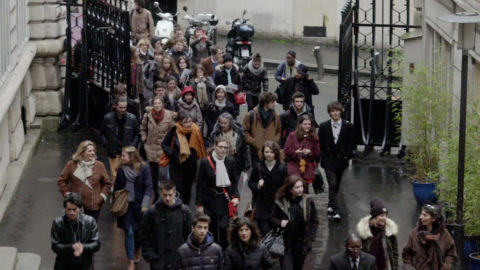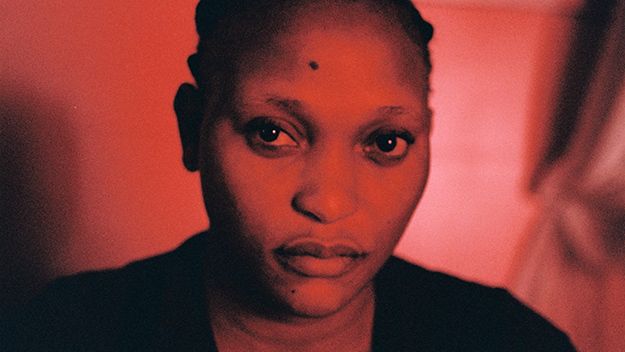
What made you begin the film as the story of a woman on a mission?
I wanted the film to talk to the people I was talking about, and I wanted them to have a simple entrance into the movie in a more economic way: to have a character with a goal and a problem. And then I wanted the film to be about this movement of falling and coming back again. It was like sending something out into the atmosphere, trying to have this dynamic of a classical drama, and then you are floating in orbit and it is much more about sensations, about musical structures. I’m trying to have a different language, which is not telling the people what to feel.
Could you talk about the musical interludes with the orchestra and in the club?
The orchestra is like an ancient chorus. It’s a way of saying “Once upon a time…” and having a distance, to allow the film to be something other than a social drama, and to produce a dialogue between the viewer and the film. It was really about, let’s make a film together. This is Kinshasa, this is our context, but I wanted everyone to be able to relate. It’s about trying to have a connection, an intimacy. In fact, the film is constructed like a blues song. There is this song I love sung by Nina Simone, called “Ain’t Got No.” The first part says, “Ain’t got no home, ain’t got no shoes, ain’t got no money…” but then it goes: “I got my hair, got my head, got my brains . . . I’ve got life.” The film is constructed this way.
Who are some other influences on your work?
Léonard Pongo, an incredible photographer from Belgium and Congo. He did this series of photographs called The Uncanny in Congo. He used black and white and a slow shutter, so you see the women and the men photographed and you can see something behind it. Today, contemporary African art is very deep and alive. This is a continent building itself and rebuilding its own image. That’s why it’s so interesting to work and shoot in Kinshasa, because for me that’s the image of our modern world. In a way, maybe 20 years ago, New York was the place to show our modernity. But today for me it’s more Kinshasa. This is the same world but without the makeup, so we can see all the forces striving together. And you can have characters that are in violent dialogue with themselves, almost like mythological characters.
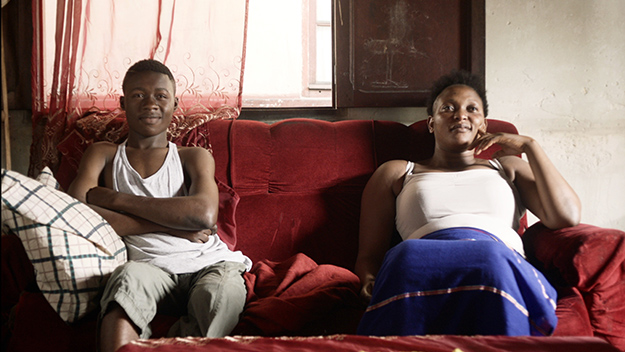
I read that Kura Shomali was also an influence.
Yes, he is a really good painter. But also writers like James Baldwin, for example. I got the idea of the whole first sequence because of some pages in Harlem Quartet. So yes, I’m influenced by all this, but especially in Africa and [elsewhere], by the way all the black culture has been put to the side. I had to try to have an image of themselves which is different from the academic image.
You filmed on the actual locations, right?
All the places. It’s a real club where a band was playing. That’s a real hospital. I mean, nobody wants to be in this hospital, it’s terrible. Shooting there put us in danger in a way. It really put the film on edge and I liked having this. What was very interesting to me was to try to interact with reality.
Can you talk about working with DP Céline Bozon?
She’s incredibly talented, with no fear. She suggested that I have headphones and a microphone, so we would have very long takes where we would always be in contact. I really appreciated the way she was very open, not with a “this is my frame” attitude. The only thing I asked of her was to make a light that allows us to shoot 360 degrees, to put these actors into the situation and not oblige them to follow the movement of the camera—we are dedicated to them. [In terms of shooting and editing] I had a découpage, but I was able to adapt it live, so we were able to do several shots in one while we were talking together. She brought a lot to the film, in her relationship to the actors, and especially to Véro.
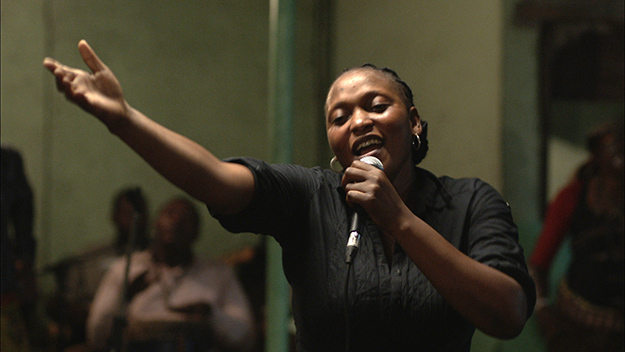
Véro Tshanda Beya Mputu, who plays Félicité, brings such determination to the character.
I had imagined a little skinny woman while I was writing the script. But when she came, she was immediately so powerful. She had this strength and ability to make every situation very concrete, and to remain silent and still have this mysterious power. I think she had a not-easy life, so she was very connected with this possibility of a fall. We talked about the fact that sometimes when you have built your life with the strength of your will, you have this moment of crisis and then you can come back to life with acceptance and make a new start. This is the whole internal dialogue for Félicité: between will and acceptance, and a lot about ego in fact. Véro knew that. She had this in her already.



